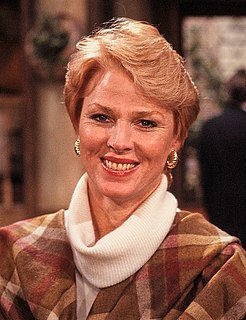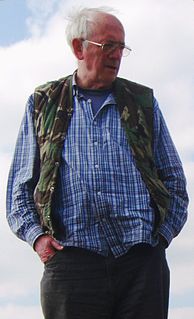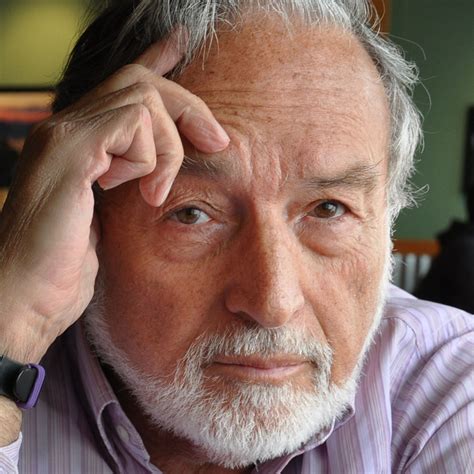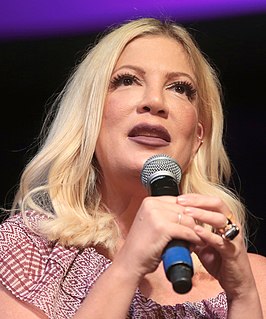A Quote by Nick Harkaway
An enormous amount of a writer's life is performance. I find myself wondering, at the moment, whether I do too much of it.
Related Quotes
I never considered myself a good photographer. I still don't. I thought of myself as a hard worker. My camera was a sponge and I had an instinct that athletes have - anticipation. Photography really represents an enormous amount of anticipation - understanding what might be there the next moment and being prepared for it.
I kept a lot of my thoughts inside myself. So, perhaps more than is normal, I'm always questioning my role as a writer. I'm always stopping and asking myself: Do I have the right to tell this story? Is it a story that deserves to be heard? And as for whether I think of myself as a Writer with a capital "W," I very much hope I never do.
I feel like there's a moment, in every young girl's life, whether it happens with your family, or a tragedy or death in your family, or a relationship, where there's a turning point where you go from extremely hopeful and cheery to wondering whether you are okay with where you are. That's always awkward.
Your solution for a customer has to be either amazingly valuable to someone who will pay an enormous amount of money for it or has to be valuable to an enormous number of people who pay a small amount. And also the person you're talking to-especially if you want to raise capital or raise support-has to personally say, "I want that. I like that. That sounds really great. I want that for myself."
I don't weigh myself. I just go by if my clothes fit. I try not to participate too much in the incredible amount of wasted energy that women have around dealing with food. I just feel like being healthy is sort of a job requirement to be on TV, and being a writer is so much coping with fatigue and stress, and you just eat. You eat to stay awake.







































